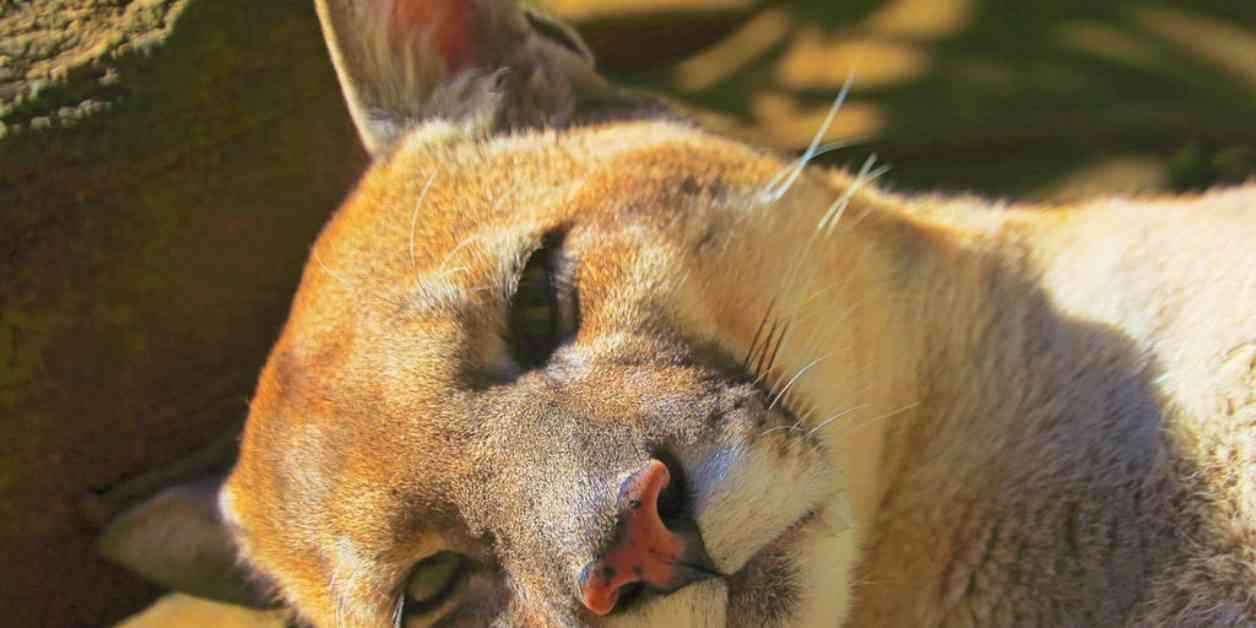Avian Influenza Outbreak Claims Lives of Cats and Zoo Animals Across the US
In a recent turn of events, the U.S. Department of Agriculture (USDA) has mandated the testing of all raw (unpasteurized) milk for bird flu following reports of animal fatalities due to the virus. The situation has escalated with the deaths of two cats in Los Angeles County and several zoo animals in Maricopa County, Arizona.
Cats Fall Victim to Bird Flu in Los Angeles
Tragedy struck in Los Angeles County as two cats lost their lives after consuming raw milk that was later found to be contaminated with the influenza A virus. The felines exhibited symptoms such as lack of appetite, fever, and neurologic issues before succumbing to the illness. Health officials have identified these cases as suspected H5 bird flu infections and are currently conducting confirmatory tests to ascertain the source of the outbreak.
Dr. Barbara Ferrer, director of the Los Angeles County Department of Public Health, emphasized the risks associated with consuming raw dairy products, urging residents to exercise caution and avoid potential exposure to the virus. While there have been no reports of human transmission from cats infected with the H5 bird flu strain, the incident serves as a stark reminder of the dangers posed by unprocessed dairy products.
Zoo Animals Fall Ill in Maricopa County, Arizona
Meanwhile, at the Wildlife World Zoo in Maricopa County, Arizona, a string of avian influenza cases has been reported among resident animals. Tragically, a cheetah, a mountain lion, a swamphen, an Indian goose, and a kookaburra have succumbed to the virus, while a white tiger is currently under intensive care and showing signs of improvement.
The Maricopa County Department of Public Health has been swift to respond to the situation, collaborating with state and federal partners to contain the outbreak within the zoo premises. Despite the losses incurred, zoo officials remain vigilant in monitoring the health of both animals and staff to prevent further spread of the virus.
Expert Insights on the Growing Threat of H5N1
Experts in the field of infectious diseases have raised concerns about the escalating nature of the H5N1 outbreak in the U.S. Dr. Sam Scarpino of Northeastern University warns that the recent animal fatalities signal a worsening situation, underscoring the need for stringent measures to curb the spread of the virus.
Dr. Jacob Glanville, CEO of Centivax, echoes these sentiments, emphasizing the dangers associated with consuming raw milk contaminated with H5N1. With the virus showing potential mutations that could enhance its infectivity in humans, the expert stresses the importance of pasteurizing milk to prevent the transmission of harmful pathogens.
As the nation grapples with the repercussions of the avian influenza outbreak, health officials, veterinarians, and researchers are working tirelessly to mitigate the risks posed by H5N1 and safeguard both animal and human populations from further harm. Stay informed, stay vigilant, and prioritize safety in the face of this evolving health crisis.


